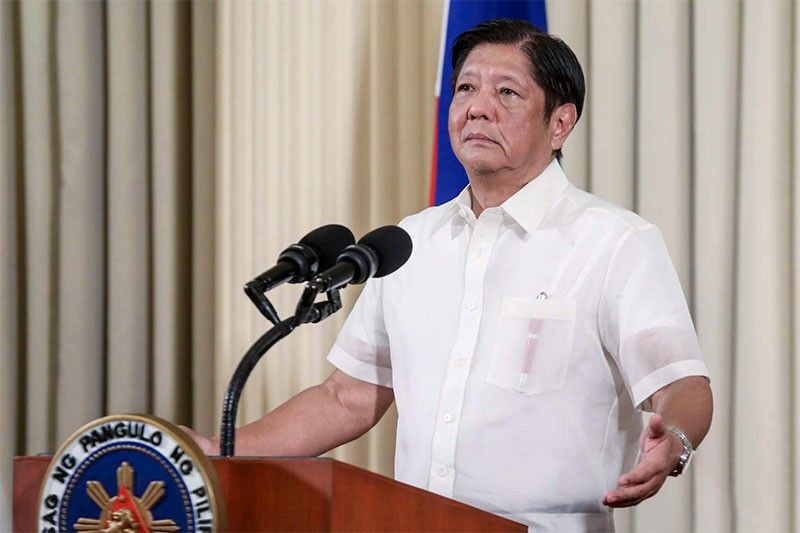
Upgrade to High-Speed Internet for only ₱1499/month!
Enjoy up to 100 Mbps fiber broadband, perfect for browsing, streaming, and gaming.
Visit Suniway.ph to learn
Janvic Mateo - The Philippine Star
April 30, 2025 | 12:00am
MANILA, Philippines — Middle-income countries like the Philippines may achieve further economic progress and development by instituting frameworks and mechanisms that ensure good governance and accountability, an official of the United Nations told The STAR yesterday.
In an interview, UN Undersecretary-General and UN Development Program (UNDP) associate administrator Haoliang Xu highlighted opportunities for middle-income countries as they try to achieve their development goals.
“Good administration has to be effective. You have to get things done professionally and effectively. But that’s not enough … The second area is you need to be accountable,” he said, referring to the UN’s 11 principles of good public administration.
“If you want to be effective, you have to have professional institutions. You have to have strong institutional capacity and professionalism … The second, accountability, is that you must have rule of law,” he added.
Xu, who is in the Philippines for the High-Level Ministerial Conference of Middle-Income Countries, recognized challenges that hinder development and progress globally.
For instance, in the Philippines, he noted the continuing issue of regional disparity and inequality.
But he remains optimistic despite the country’s delay in achieving its original target of reaching upper middle-income status last year.
“This is not unique,” he said, referring to challenges in hitting the target. “But the trend is strong, it’s positive. I think it’s inevitable. It’s just a question of … when the Philippines will achieve that milestone.”
The UN official underscored the importance of having a good framework for financing.
“How do you account right? How do you align all sources financing towards the country’s development? Because the country’s development cannot be achieved if you only look at public investment,” he said, citing the value of private sector and foreign direct investments.
“What we’re advocating is that you need to have integrated national financing frameworks that looks at all sorts of funding – domestic, international, public and private altogether,” he added.
Xu noted the importance of aligning all forms of financing, including those from the private sector, to national development objectives.
“Different countries have different systems. And many countries do favor decentralization because they believe that service is more effective if it is provided at local level,” he said when asked if increasing funding for local government units – as mandated by the so-called Mandanas ruling of the Supreme Court – is an effective approach to addressing key development issues.
“But you need to have very clear accountability mechanism. If you transfer more resources, you have to be clear for what purpose … what results you’re going to achieve,” the UN official added.
For Xu, it’s important that governance systems, including implementation and executive capacities, are aligned with the national development objectives.
“It’s not always easy, but no country is perfect. Every country has challenges. Inequality, regional disparity requires specific policy measures to address this,” he added.
Also yesterday, ministers and high-level representatives of middle-income countries adopted the Makati Declaration, which outlines key priorities for the group of nations.
These include financing for development, establishing additional metrics to measure development, debt sustainability, climate action and finance, digital transformation and gender equality.
“We recognize that middle-income countries experience frequent growth slowdowns and, if left unaddressed, this loss of economic dynamism can cause countries to get stuck in what is referred to as the ‘middle-income trap,’” the declaration read.
“We stress that middle-income countries continue to face specific challenges related to … high levels of inequalities, low growth, persistent poverty, unemployment, loss of biodiversity, the adverse effects of disaster risks and climate change, reliance on primary commodity exports, high levels of external debt and the volatility of exchange rates and capital flows, and the digital divide,” it added.

 5 hours ago
4
5 hours ago
4



